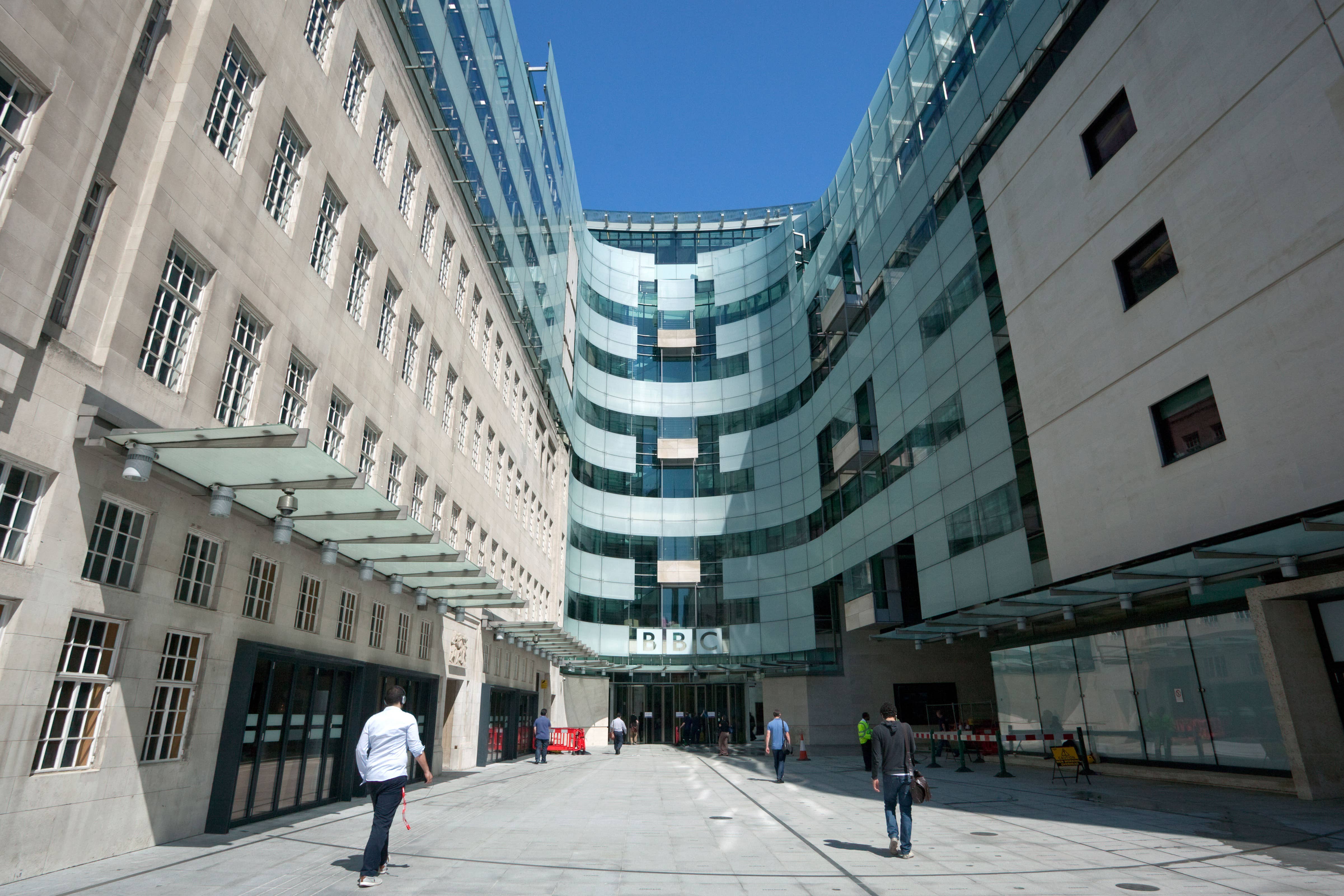Advertising and subscription models for the BBC ‘won’t work’, committee says
Tory peer Baroness Stowell of Beeston, said a pure subscription model would not generate enough income.

Purely advertising or subscription models for BBC funding “would not work”, according to the chairwoman of the Communications and Digital Committee.
Tory peer Baroness Stowell of Beeston, said a pure subscription model would not generate enough income and threaten the core principle of access to all.
Meanwhile, an advertising-only model would also see a huge reduction in income and damage other public service broadcasting.
Lady Stowell also dismissed a government grant model, as it would risk editorial independence.
Her comments came as the House of Lords discussed a report entitled Licence to Change: BBC future funding, which examined all possible methods of funding the corporation.
She said: “Our report explored a variety of models ranging from full commercialisation through to full state dependency.
“We did not set out to recommend any individual funding model, though our evidence was clear that some would not work.
“Advertising, for example, is highly unlikely to be viable, leading to a multi-billion pound reduction in the BBC’s income and damaging other public service broadcasters.
“A pure subscription model would generate insufficient income while facing major technical challenges and creating barriers to access.
“Funding the BBC by government grant would risk eroding the BBC’s editorial independence.”
However, she accepted that the funding model does need to be addressed.
The former Tory minister said: “The status quo is not an option. We do need to see changes from the BBC.”
We were clear that a BBC designed to benefit the nation would require some form of public funding and there are viable alternatives that all deserve serious consideration
Lady Stowell and her committee outlined several alternatives to the current licence fee system that have potential to work.
She said: “We were clear that a BBC designed to benefit the nation would require some form of public funding and there are viable alternatives that all deserve serious consideration.”
One option is a hybrid subscription model, either domestic or international, that she described as a “top-up approach, where some features are available for an additional fee”.
Another alternative is a hypothecated tax, meaning a ring-fenced portion of the Government’s tax revenue dedicated to funding the BBC.
However, Baroness Rebuck, chairwoman of Penguin Random House’s British operations and member of the communications committee, warned this could adversely affect low-income shared households.
Another option includes a telecommunications levy, although this could make internet connectivity more expensive.
The committee also considered a reformed licence fee that was progressive, meaning those with more means to pay, pay more, and those with less pay less, which they argued would be a fairer version of the current system.
Finally, they presented the option of a progressively-applied universal household levy, that could be linked to council tax.
Lady Stowell added that for the BBC to safeguard its future, it needs to be “a lot more open about ambitious new proposals” for its funding than it has been in the past,
She urged the BBC to present an ambitious new strategy, which details what role it wants to play in the future of the industry.